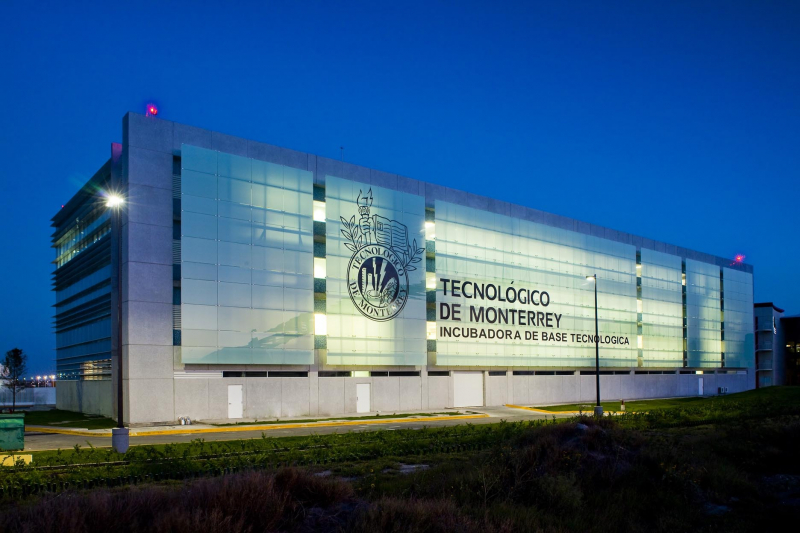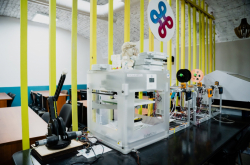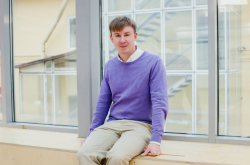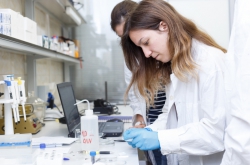Over the course of three weeks, the participants studied the intricacies of launching startups and managing their own business. Technopark experts Igor Kuprienko, Konstantin Khomchenko, and Maksim Makarov, as well as Positive Technologies’ strategy director Ekaterina Antufeeva acted as speakers for the course.
The school’s curriculum was designed based on the experience and program of the international SumIT school that’s conducted annually for students from all around the world. The participants studied various topics that had to do with generating business ideas, conducting marketing research, working with target audiences, and conducting the analysis of potential customers’ needs. The course also included practical training on creating landing pages, drafting business plans, coming up with commercialization strategies, and preparing for pitch sessions.
At the end of the course, the participants got the opportunity to present their projects to an international jury that included Andrey Solomatin, the head of ITMO Accelerator and founder of Smartag, Olesya Baranyuk, deputy head of ITMO Technopark , Henrik Dombovari, organizer of the *ship festival, and Elena Klimshina, a project management expert at the Ingria business incubator.
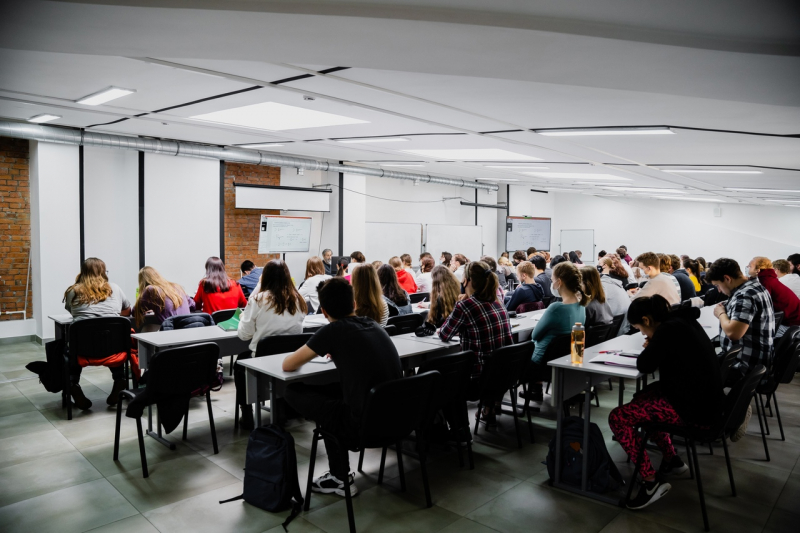
It was the Monterrey Institute of Technology and Higher Education that came up with the idea of this course: in June 2020, it approached ITMO with the initiative to organize a specialized school on innovations and entrepreneurship for its Bachelor’s students. The online format didn’t affect the quality of education, as the organizers already had the experience of conducting SumIT, a similar event, remotely in summer 2020.
“We are pleased with the program’s result, everything went even better than we’d planned. This is all thanks to the team’s efforts, the work of both volunteers and key organizers. And we shouldn’t forget the contribution of the students: their positive attitude and desire to learn motivated us greatly. Their thirst for knowledge and the Russian culture filled us with energy, and inspired us to give our all during these three weeks,” comments manager of ITMO’s Center for Entrepreneurship Aleksandra Protsenko.

The organizers compensated for the absence of live communication with various activities: students learned about the Russain culture and unique traditions, St. Petersburg’s history and architecture. The morning classes started with cheerful music and conversations on various topics. According to the students, for many of whom it was their first international event, live communication and entertainment activities really helped cope with stress.
“I have to admit that for me, this course was like a roller-coaster: I sometimes felt insecure during classes, but the organizers always managed to cheer me up and charge me with enthusiasm. I want to thank ITMO not just for new skills and knowledge, but also for motivation to join teams and do things together,” shares Andrea Carpio, a student at the Faculty of Creative Studies.
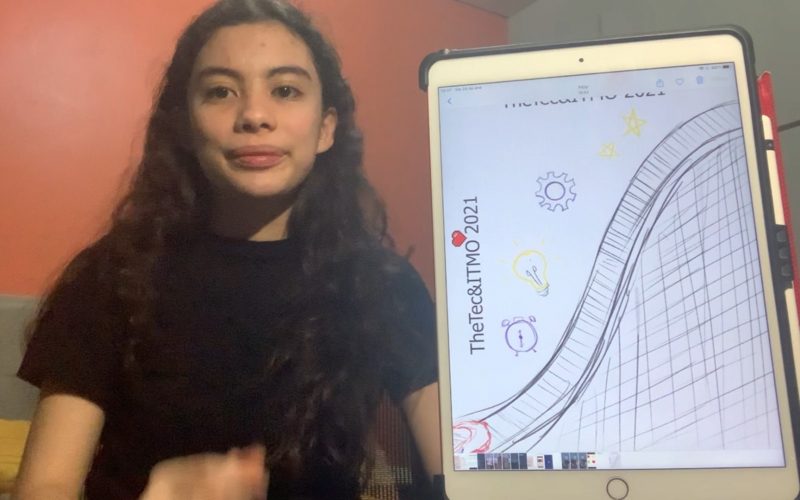
In their feedback, most of the students mentioned this very aspect of being charged with motivation. Some even stated that the course helped them escape the impasse in the development of their projects and startups and cope with emotional burnout.
“To be honest, I hit the bottom before this course: I had been working on my startup for a very long time, but I burned out and even started hating my project. Then the pandemic started, and I even decided to let it all go and forget about it. I have to say that I was irritated by classes and home assignments during the first two weeks, because I didn’t want to work on my project that I abandoned, and I didn’t even want to hear anything about startups. But after the first presentation, when Aleksey Solomatin said that he really liked our project, I felt that I can press on: such a high praise from a real entrepreneur in the Silicon Valley motivated me greatly,” remembers Andreas Lozano, an ITESM student in Mechatronics Engineering.
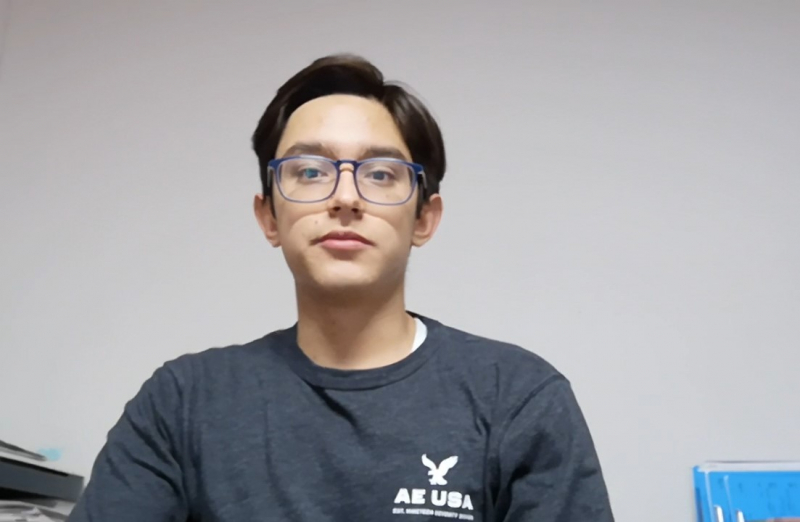
This success prompted ITMO Technopark’s team to further develop this short-term educational format: as soon as this summer, this course will be repeated for ITESM students, and a similar school will also be organized for the South-Eastern Finland University of Applied Sciences as part of the Twin Campus project. The organizers also consider launching a course that will be open for students worldwide.
